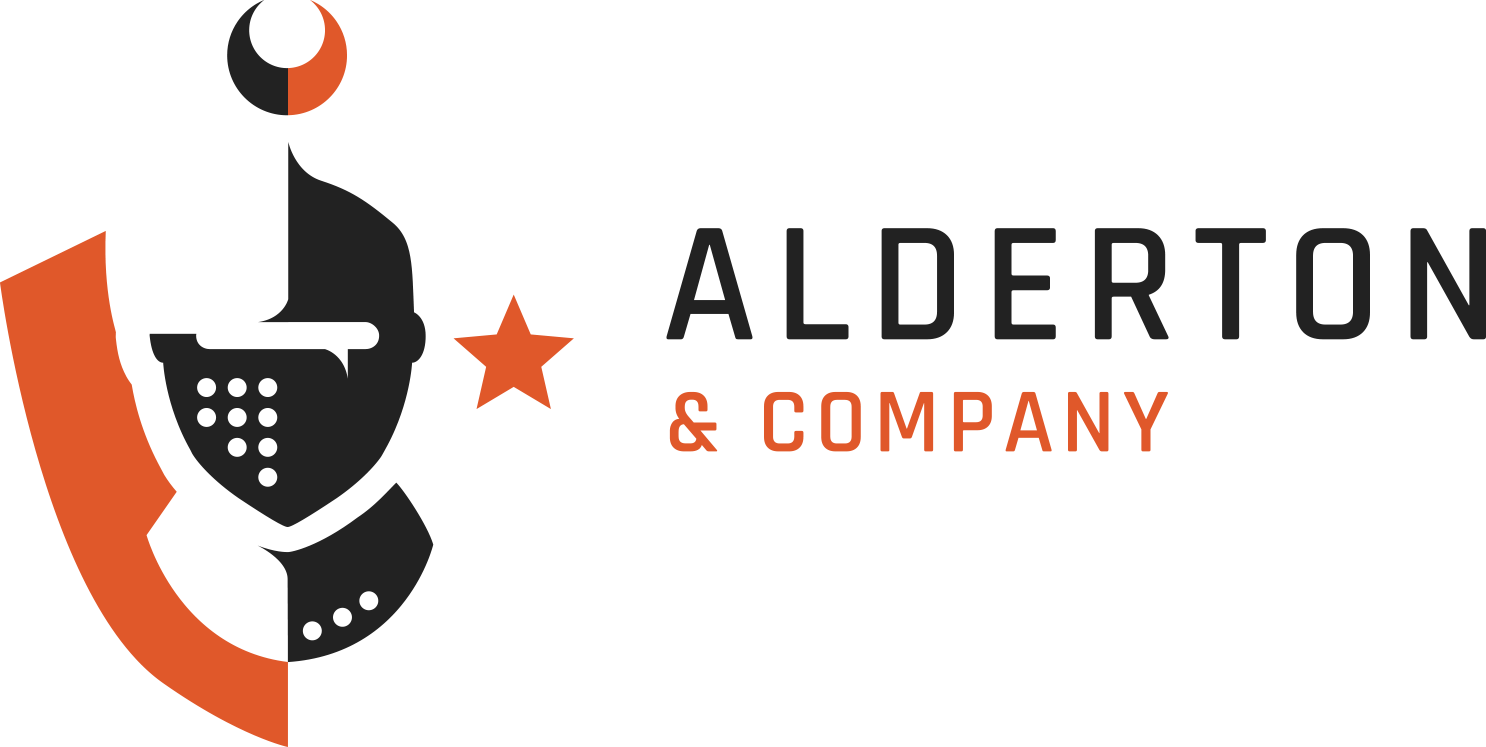
Financial Management: The Power of Management Reports
September 17, 2024The Benefits of Financial Audits: More Than Just Compliance


Financial audits are often viewed as a regulatory necessity, a routine process required to meet legal and compliance obligations. However, the true value of financial audits extends far beyond mere compliance. When conducted effectively, financial audits can provide businesses with deep insights into their operations, uncover opportunities for improvement, and build trust with stakeholders. This blog post explores the multifaceted benefits of financial audits, illustrating how they can serve as a powerful tool for enhancing business performance, strengthening internal controls, and fostering long-term growth.
1. Ensuring Accuracy and Integrity in Financial Reporting
A. Verification of Financial Statements
- Accuracy of Records: A financial audit provides an independent verification of a company’s financial statements, ensuring that the records accurately reflect the organization’s financial position. This verification process helps prevent errors, misstatements, and potential fraud.
- Improved Financial Management: By confirming the accuracy of financial data, audits enable management to make better-informed decisions. Accurate financial reporting is essential for budgeting, forecasting, and strategic planning, helping the business to allocate resources effectively.
B. Enhancing Stakeholder Confidence
- Building Trust with Investors: Investors rely on accurate financial statements to assess the health and performance of a business. An audit provides assurance that the financial information presented is reliable, which can increase investor confidence and potentially attract new investment.
- Strengthening Credibility with Lenders and Creditors: Lenders and creditors also benefit from audited financial statements, as they provide a clear and trustworthy picture of the company’s financial stability. This credibility can lead to more favorable borrowing terms and access to credit.
2. Strengthening Internal Controls and Risk Management
A. Identifying Weaknesses in Internal Controls
- Assessment of Control Systems: During an audit, the auditor assesses the effectiveness of the company’s internal controls. This includes evaluating how financial transactions are recorded, processed, and reported. By identifying weaknesses or gaps in these controls, the audit can highlight areas where improvements are needed to reduce the risk of fraud or error.
- Implementation of Best Practices: The audit process often includes recommendations for strengthening internal controls. Implementing these best practices can help the organization enhance its operational efficiency and safeguard its assets.
B. Enhancing Risk Management
- Proactive Risk Identification: Audits provide an opportunity to identify and address financial risks before they escalate into more significant issues. By analyzing financial data and reviewing internal processes, auditors can uncover potential risks related to liquidity, compliance, and operational inefficiencies.
- Developing Contingency Plans: Based on audit findings, management can develop contingency plans to mitigate identified risks. This proactive approach to risk management helps the organization remain resilient in the face of unexpected challenges.
3. Compliance and Legal Assurance
A. Meeting Regulatory Requirements
- Adherence to Accounting Standards: Financial audits ensure that the company’s financial statements are prepared in accordance with Generally Accepted Accounting Principles (GAAP) or International Financial Reporting Standards (IFRS). This compliance is crucial for maintaining legal standing and avoiding penalties.
- Fulfillment of Tax Obligations: Audits also verify that the company’s tax filings are accurate and complete, reducing the risk of tax disputes or audits by tax authorities. Ensuring tax compliance can prevent costly fines and legal issues.
B. Enhancing Corporate Governance
- Accountability and Transparency: Regular financial audits promote accountability and transparency within the organization. By providing an independent assessment of financial practices, audits reinforce the importance of ethical conduct and responsible management.
- Support for Board Oversight: The audit process provides valuable insights for the board of directors, enabling them to fulfill their fiduciary responsibilities more effectively. Audits support the board’s oversight role by ensuring that financial practices align with the organization’s strategic goals and risk appetite.
4. Driving Operational Efficiency and Performance Improvement
A. Identifying Cost-Saving Opportunities
- Analysis of Financial Processes: During the audit, the auditor reviews various financial processes, such as accounts payable, accounts receivable, and inventory management. This review can reveal inefficiencies, redundancies, or areas where costs can be reduced.
- Streamlining Operations: Recommendations from the audit can lead to more streamlined financial operations, reducing waste and improving productivity. For example, an audit might suggest automating certain processes to reduce manual errors and speed up transaction times.
B. Enhancing Financial Planning and Forecasting
- Improved Data Quality: The accuracy of financial data verified through an audit enhances the quality of financial planning and forecasting. Reliable data allows for more precise budgeting, better cash flow management, and more accurate predictions of future financial performance.
- Alignment with Strategic Objectives: Audits can help ensure that financial planning aligns with the organization’s strategic objectives. By providing insights into financial performance, audits enable management to make adjustments that support long-term growth and sustainability.
5. Fostering Organizational Growth and Innovation
A. Supporting Strategic Decision-Making
- Informed Decision-Making: The insights gained from an audit can inform strategic decision-making at the highest levels of the organization. Whether it’s expanding into new markets, investing in new technology, or restructuring operations, audits provide the data needed to make sound decisions.
- Identifying Growth Opportunities: Audits can uncover opportunities for growth, such as underutilized assets or emerging market trends. By analyzing financial data, auditors can provide recommendations for capitalizing on these opportunities.
B. Encouraging a Culture of Continuous Improvement
- Feedback Loop for Improvement: Audits create a feedback loop that encourages continuous improvement within the organization. By regularly reviewing and refining financial practices, the company can adapt to changing market conditions and stay ahead of competitors.
- Innovation in Financial Practices: The audit process can also inspire innovation in financial practices. For example, an audit might highlight the potential benefits of adopting new financial technologies, such as automation or blockchain, to improve efficiency and accuracy.
Conclusion: Financial Audits as a Strategic Asset
Financial audits are much more than a regulatory obligation; they are a strategic asset that can drive business success. From ensuring the accuracy and integrity of financial reporting to enhancing internal controls, risk management, and operational efficiency, the benefits of financial audits are far-reaching. By embracing the audit process as an opportunity for growth and improvement, organizations can build trust with stakeholders, strengthen their financial foundation, and position themselves for long-term success.
In an increasingly complex and competitive business environment, the value of financial audits cannot be overstated. By leveraging the insights and recommendations provided by audits, companies can navigate challenges, seize opportunities, and achieve their strategic objectives with confidence. Investing in regular financial audits is not just about compliance; it’s about unlocking the full potential of your organization.



